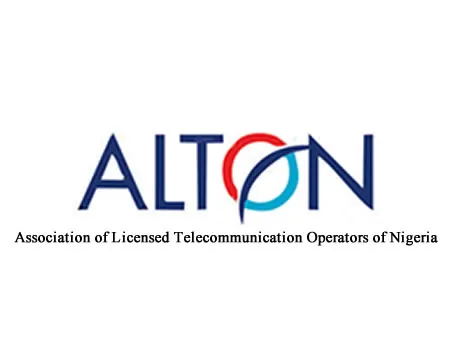Telecom Operators Raise the Alarm Over Incessant Infrastructure Vandalism

The Association of Licensed Telecommunications Operators of Nigeria (ALTON) has raised a red flag over the relentless vandalism and theft targeting telecom infrastructure, warning that the trend threatens not only connectivity but also national security and economic growth.
In a jointly signed statement by ALTON Chairman, Mr. Gbenga Adebayo, and Publicity Secretary, Mr. Damian Udeh, the association described the increasing sabotage of telecom installations as a national emergency, with far-reaching consequences for millions of mobile subscribers and essential digital systems.
According to ALTON, criminals are targeting essential components of telecom sites including power and fibre optic cables, batteries, diesel generators, rectifiers, and solar systems rendering many sites inactive.
The impact, it noted, includes service disruptions, prolonged downtimes, network congestion, and a sharp drop in service quality.
“These facilities are not only owned by our members but also serve other Mobile Network Operators (MNOs) and users who rely on shared infrastructure for connectivity,” the statement read.
States recording the highest cases of such attacks include Lagos, Delta, Rivers, Cross River, Akwa Ibom, Ogun, Ondo, Edo, Kogi, FCT, Kaduna, Niger, Osun, and Kwara.
ALTON reminded the public that telecom infrastructure has been officially designated as Critical National Infrastructure (CNI) under the national security framework meaning its sabotage constitutes a serious criminal offence punishable by law.
The group stressed that beyond disrupting calls and internet access, these acts compromise national security systems, obstruct emergency communication channels, and undermine the digital economy Nigeria is striving to build.
While assuring subscribers of its continuous efforts to restore and maintain stable service, ALTON called for coordinated intervention by federal and state governments, security agencies, and citizens to halt what it described as a looming collapse of Nigeria’s telecom sector if left unchecked.









